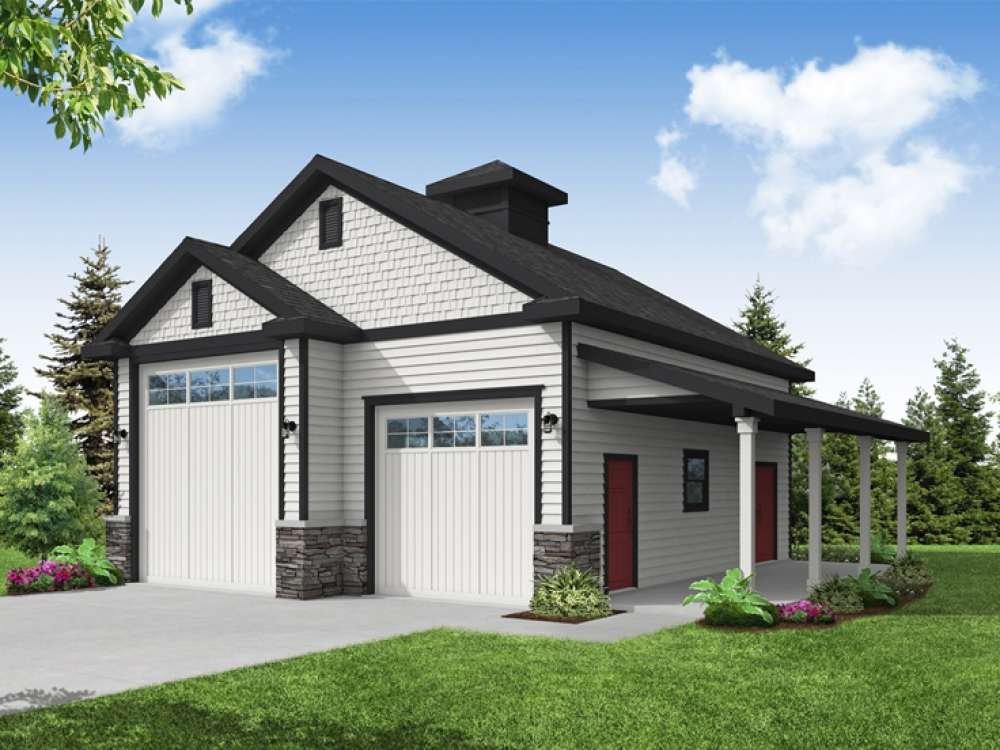Looking for the perfect home for your RV? An RV garage could be the answer. A dedicated space to store your recreational vehicle is a game-changer for RV owners. No more fretting about parking or storage fees. Imagine the convenience of having your RV right at home, ready for your next adventure. With an RV garage, you’ll have peace of mind knowing your precious vehicle is protected and easily accessible. Say goodbye to the hassle of finding proper storage – welcome to the world of convenience with an RV garage.
The Ultimate Guide to RV Garage: Everything You Need to Know
Welcome, fellow adventurers! If you love hitting the open road in your trusty RV, you probably understand the importance of keeping it safe and secure when not in use. That’s where an RV garage comes in handy! In this comprehensive guide, we’ll explore everything you need to know about RV garages, from the benefits they offer to the different types available. So, buckle up and let’s dive in!
Benefits of an RV Garage
Having an RV garage offers a plethora of benefits beyond just providing a place to park your motorhome. Let’s take a closer look at some of the advantages:
1. Protection from the Elements
An RV is a significant investment, and protecting it from the elements is crucial to ensuring its longevity. An RV garage shields your vehicle from harsh weather conditions like rain, snow, and UV rays, helping to prevent damage and maintain its pristine condition.
2. Enhanced Security
RVs are often targeted by thieves due to their high value. An RV garage adds an extra layer of security, deterring potential theft and vandalism. With a secure garage, you can have peace of mind knowing that your RV is safe and sound.
3. Extended Lifespan
By protecting your RV from the elements and ensuring it is stored properly in a garage, you can significantly extend its lifespan. Regular exposure to sunlight, rain, and other environmental factors can cause wear and tear over time, but an RV garage helps mitigate these effects.
Types of RV Garages
RV garages come in various shapes and sizes to accommodate different needs and preferences. Here are some common types of RV garages:
1. Attached RV Garage
An attached RV garage is connected to your home, providing convenient access to your motorhome. This type of garage is ideal for homeowners who want easy access to their RV and prefer a seamless integration with their property.
2. Detached RV Garage
A detached RV garage is a standalone structure located separately from your home. This type of garage offers more flexibility in terms of design and placement and is suitable for homeowners who have ample outdoor space.
3. RV Carport
An RV carport is a cost-effective alternative to a fully enclosed garage. It provides overhead protection for your RV while allowing for ventilation and easy access. RV carports are an excellent option for those looking for a budget-friendly storage solution.
Designing Your Dream RV Garage
Now that you understand the benefits and different types of RV garages, it’s time to design your dream space! Here are some key considerations to keep in mind:
1. Size and Height
When planning your RV garage, consider the size and height of your motorhome. Make sure the garage dimensions are sufficient to accommodate your RV comfortably, with extra space for maneuvering and storage.
2. Ventilation and Insulation
Proper ventilation and insulation are crucial for maintaining optimal conditions inside your RV garage. Ensure adequate airflow to prevent humidity buildup and invest in insulation to regulate temperature and protect your RV from extreme heat or cold.
3. Security Features
Enhance the security of your RV garage by installing robust locks, security cameras, and motion sensors. Consider adding an alarm system to deter intruders and protect your valuable recreational vehicle.
Maintaining Your RV Garage
Regular maintenance is key to preserving the functionality and appearance of your RV garage. Here are some tips to keep your garage in top condition:
1. Clean and Declutter Regularly
Remove debris, dust, and clutter from your RV garage frequently to prevent damage and maintain a tidy space. Regular cleaning also helps you spot any issues early on and address them promptly.
2. Check for Water Damage
Inspect your RV garage for signs of water damage, such as mold, mildew, or damp spots. Address any leaks or drainage issues promptly to prevent structural damage and protect your RV from moisture-related issues.
3. Schedule Routine Inspections
Have your RV garage inspected regularly by a professional to identify any maintenance needs or repairs. Addressing minor issues early on can help prevent costly repairs down the line and ensure the longevity of your garage.
Investing in an RV garage is a smart decision for any RV owner looking to protect their valuable investment and enjoy peace of mind. With the benefits of enhanced security, protection from the elements, and extended lifespan, an RV garage offers a secure and reliable storage solution for your motorhome. Whether you opt for an attached garage, detached garage, or RV carport, designing and maintaining your dream RV garage is essential to safeguarding your beloved RV for years to come.
We hope this guide has provided you with valuable insights into the world of RV garages and inspired you to create the perfect storage space for your adventurous soul on wheels. Happy travels, and may your RV garage be a safe haven for all your future journeys!
2 -Bay RV Garage – Details of Build
Frequently Asked Questions
What is an RV garage and why is it beneficial?
An RV garage is a dedicated structure designed to store and protect recreational vehicles such as motorhomes, campers, and trailers. It provides secure storage, protection from the elements, and convenience for RV owners who want to keep their vehicles in top condition.
What size options are available for RV garages?
RV garages come in various sizes to accommodate different types of recreational vehicles. Common dimensions include 12 feet tall by 14 feet wide for a single bay, and up to 16 feet tall by 45 feet wide for a larger, multi-bay garage. The size you need will depend on the dimensions of your RV.
What features can be included in an RV garage?
RV garages can be customized with features such as extra-tall doors, reinforced flooring, built-in storage cabinets, RV hookups for electricity and water, ventilation systems, and even living quarters or a workshop area. These features enhance the functionality and convenience of the garage.
Final Thoughts
In conclusion, an RV garage is a practical investment for RV owners. It provides secure storage, protection from the elements, and convenience for maintenance. With its spacious design and dedicated space for larger vehicles, an RV garage offers peace of mind for preserving your valuable asset. Consider adding an RV garage to enhance your property’s functionality and increase its value.



